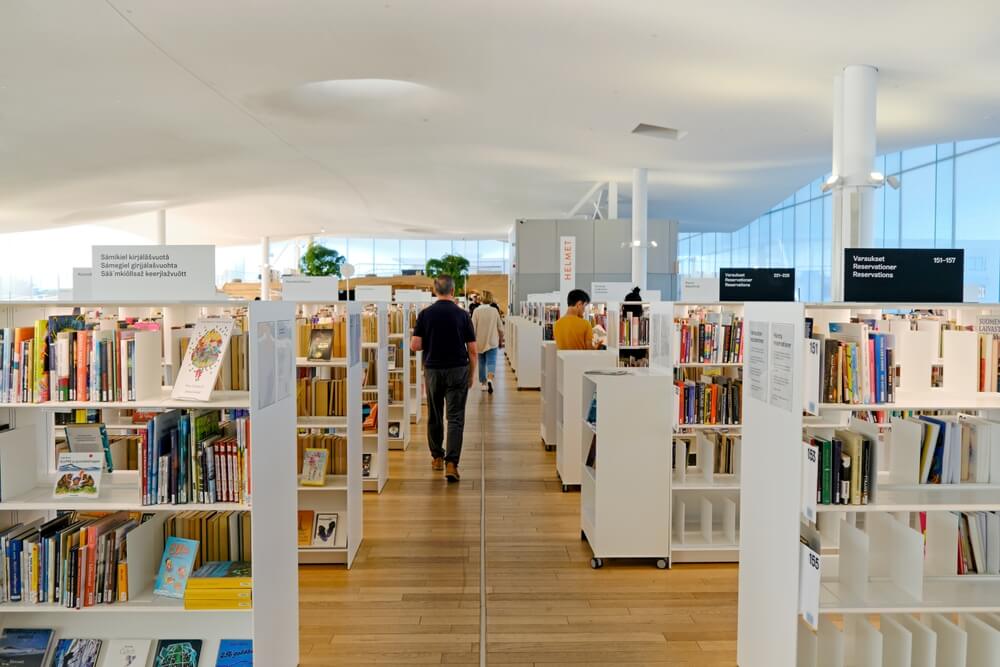The fight against disinformation has been dealt a blow with the shuttering of the US Global Engagement Centre (GEC), which tracks foreign propaganda but failed to get funding in the latest US federal spending bill that passed through the US Congress just before Christmas.
Officials warn that even more disinformation is likely to be disseminated by countries such as Russia and China in 2025, weakening democracy as well as entrenching the power of authoritarians around the world.
In the coming year, many countries and regulatory bodies will face immense challenges in just keeping up with tech giants to balance free speech but also curb the worst excesses of deliberate misinformation and fake news, in the way that laws supervise other publishing outlets to counter, for example, incitement to violence or racism.
Elon Musk, the tech billionaire given the job by incoming President Donald Trump to lead a new Department of Government Efficiency, was accused by Berlin on 30 December of trying to interfere in Germany’s February election by endorsing the far-right party Alternative für Deutschland.
The dilemma was summed up by Christiane Hoffmann, German government spokesperson. “It is indeed the case that Elon Musk is trying to influence the federal election,” said Hoffmann, who added that Musk does have the right to free speech. “After all, freedom of opinion also covers the greatest nonsense.”
Musk had previously accused the GEC of being the “worst offender in US government censorship [and] media manipulation”. It was established by the US State Department in 2016 to track foreign disinformation campaigns with a budget of $61 million and a staff of around 120.
In June, James Rubin, special envoy and coordinator for the GEC, announced the launch of a multinational group based in Warsaw to counter Russian disinformation on the war in Ukraine. Furthermore, the GEC warned in a report that China was spending billions of dollars globally to spread disinformation.
Post-traumatic disorder
Meanwhile, Musk’s X, formerly Twitter, has the biggest proportion of disinformation when compared with Facebook, Instagram, LinkedIn, TikTok, X, and YouTube, according to a European Commission study that analysed content in three countries deemed at particular risk - Spain, Poland and Slovakia - because of upcoming elections or their proximity to the Ukraine war.
The challenge posed by monitoring information is highlighted in a lawsuit brought by more than 140 Facebook content moderators against Meta, Facebook’s parent company.
The moderators have been diagnosed with severe post-traumatic disorder after exposure to graphic content
The moderators have been diagnosed with severe post-traumatic disorder after exposure to graphic content including murders, suicides, child abuse and terrorism. They worked at a facility under contract in Kenya for 10 hours a day and were paid eight times less than their counterparts in the US, according to their claim documents.
Facebook also recently came under criticism in Bangladesh where Muhammad Yunus, the country’s interim leader, asked the company to address what he called a disinformation campaign by some countries to undermine the July uprising that ousted Sheikh Hasina, former prime minister.
Elections were not meaningfully impacted
Western countries appear to have better borne the brunt of disinformation in 2024, a “super year” of elections in which around 3.7 billion people in more than 70 countries were eligible to vote.
The UK-based Centre for Emerging Technology and Security said that European, French and UK elections were not “meaningfully impacted” by foreign-backed or AI-enabled misinformation and it found no "conclusive evidence" such misinformation swayed the US presidential elections.
 Finland is ranked as Europe’s most media-literate country with many people possessing skills needed to identify online hoaxes - Library in Helsinki
Finland is ranked as Europe’s most media-literate country with many people possessing skills needed to identify online hoaxes - Library in Helsinki
It appears that more people are learning about fake news but more than half of social media users in the US continue to share news and political posts without verifying the facts, according to a survey by Security.org.
Finland is ranked as Europe’s most media-literate country with many people possessing skills needed to identify online hoaxes after being the first to outline a national policy for such literacy in 2013. Not only are these skills taught in schools but libraries and NGOs offer courses to adults and the elderly.
In mid-December, Spain announced a bill that would require digital platforms and social media influencers to publish corrections to posts as part of the fight against disinformation. “We’re making life more difficult for those who dedicate themselves to lies and spreading fake news every day and therefore it is good news for democracy,” said Félix Bolaños, justice minister.
Online radicalisation
Fighting online radicalisation is still likely to prove a thorny challenge. In the past, such efforts have been concentrated on demographic groups such as young Muslim men but white middle-aged men have been ignored.
Many older men were at the fore of the violent unrest that broke out across England and Northern Ireland in the summer after false claims spread on social media that three children had been attacked by a Muslim or an immigrant.
As 2025 unfolds, expect to hear much more about tackling online vitriol
“We don’t think of the middle-aged to be first in line to be radicalised online… Some were therefore surprised to see so many older people in the marauding crowds that have caused so much damage in England and Northern Ireland,” wrote Sara H. Wilford of De Montfort University who studies online extremism.
As 2025 unfolds, expect to hear much more about tackling online vitriol and safeguarding shared facts to protect what Barack Obama calls the “marketplace of ideas” but also a concerted pushback from multiple players with malign commercial and political motives.